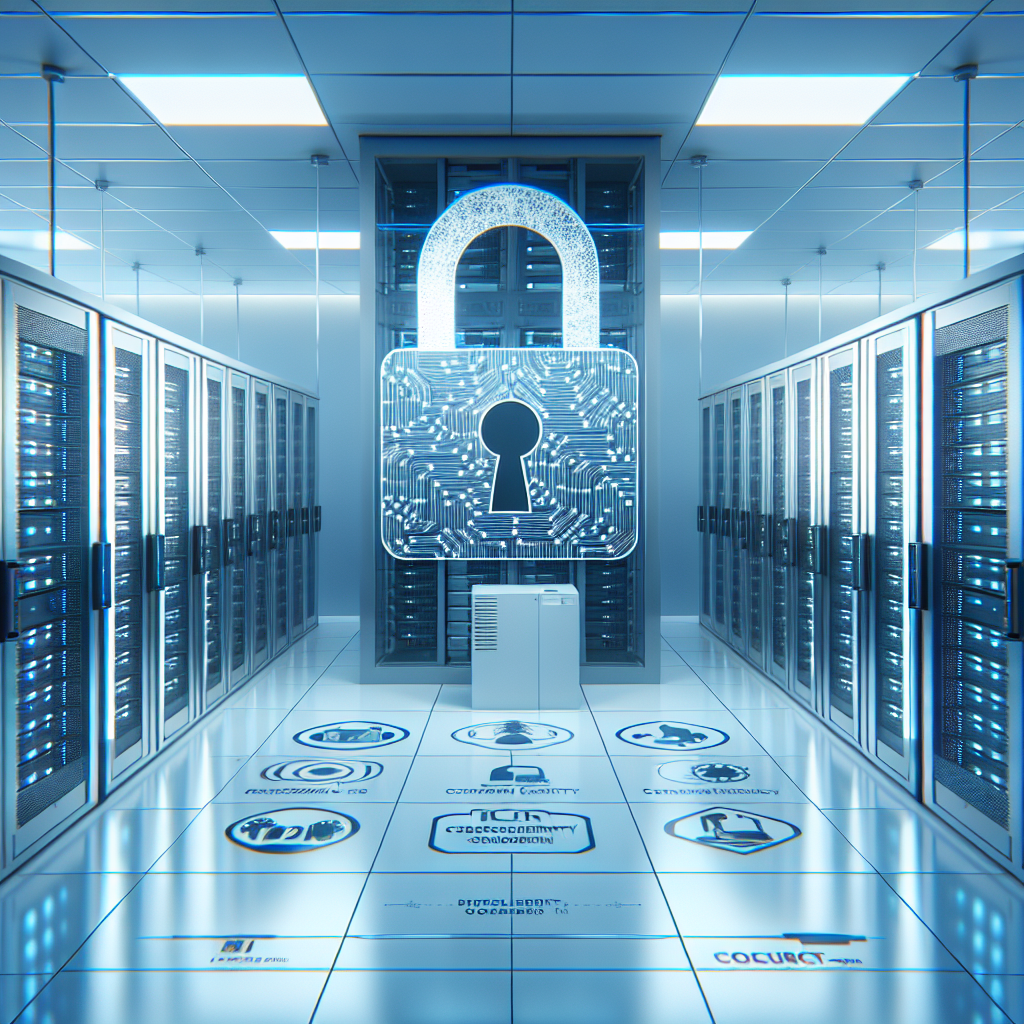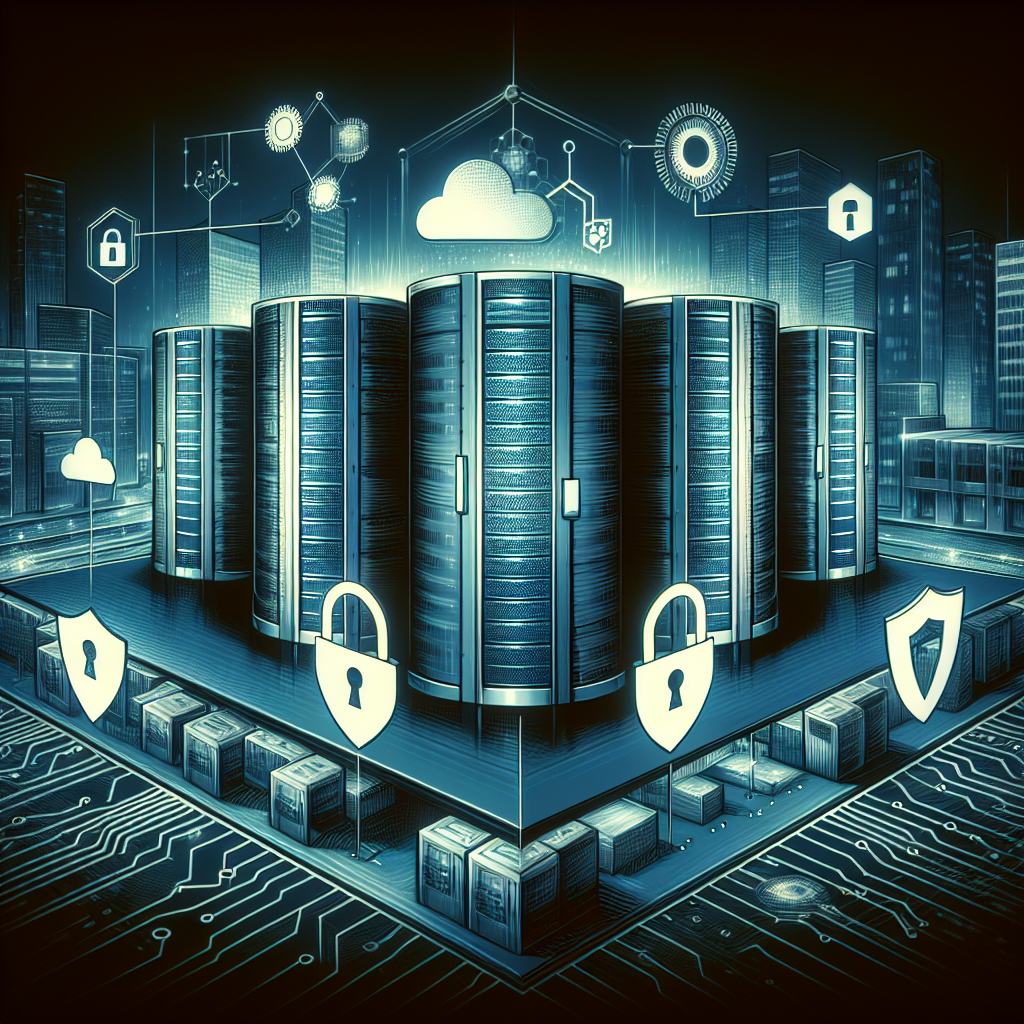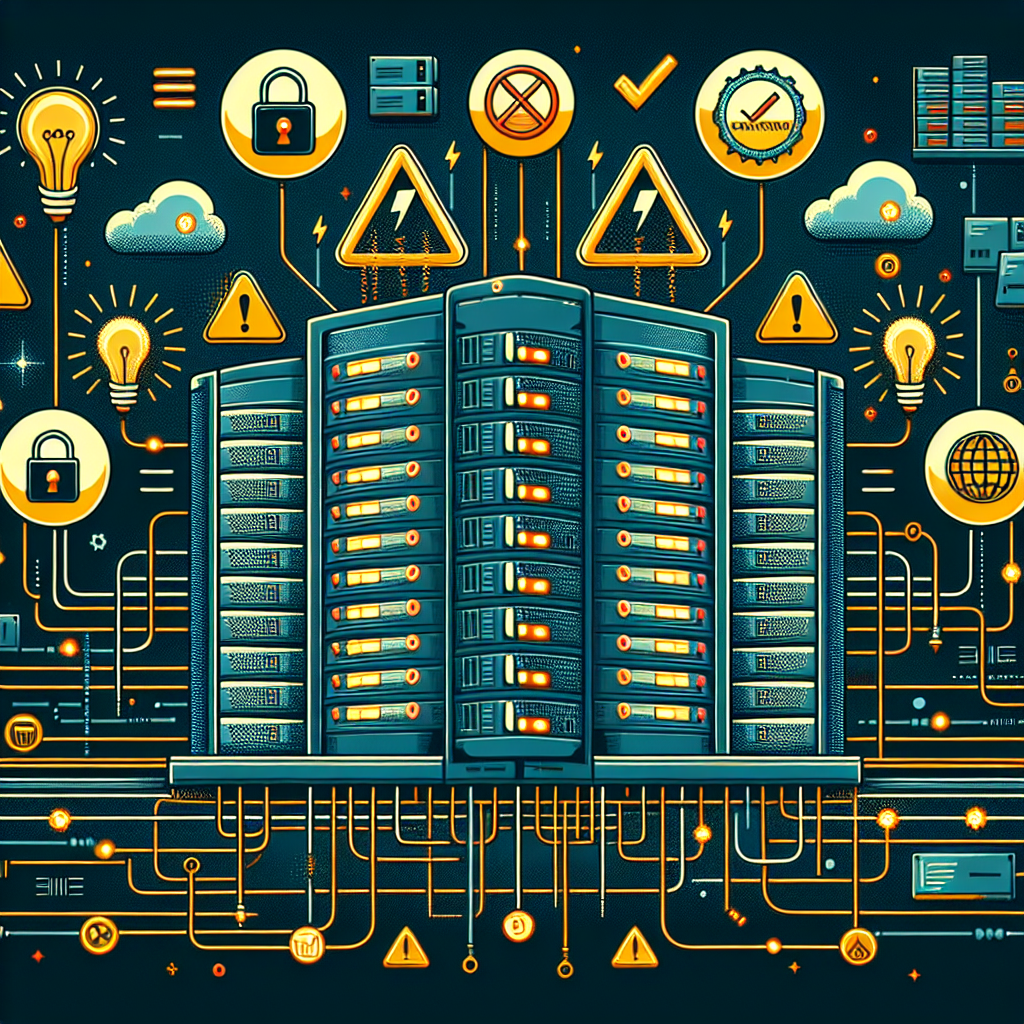In today’s rapidly evolving digital landscape, data security and regulatory compliance have become paramount concerns for organizations of all sizes. With the increasing number of data breaches and cyber attacks, it is more important than ever for businesses to ensure that their data centers are secure and compliant with industry regulations.
One of the most effective ways to achieve regulatory compliance is through thorough data center audits. These audits involve a comprehensive review of an organization’s data center infrastructure, policies, and procedures to identify any potential security vulnerabilities or compliance issues. By conducting regular audits, businesses can proactively address any gaps in their data center security and ensure that they are meeting all regulatory requirements.
There are several key steps that organizations can take to achieve regulatory compliance through data center audits. First and foremost, it is essential to establish a clear understanding of the regulatory requirements that apply to the organization’s industry and geographic location. This can involve conducting research, consulting with legal experts, and engaging with regulatory bodies to ensure that all relevant regulations are being met.
Once the regulatory requirements have been identified, the next step is to conduct a thorough audit of the data center infrastructure. This can involve reviewing physical security measures, such as access controls and surveillance systems, as well as conducting vulnerability assessments of the network and systems. It is also important to review data center policies and procedures to ensure that they are aligned with regulatory requirements and best practices.
During the audit process, it is essential to document all findings and recommendations for remediation. This documentation can serve as a roadmap for implementing necessary changes to improve data center security and achieve regulatory compliance. It is also important to establish a timeline for addressing any identified issues and regularly review progress towards compliance goals.
In addition to conducting internal audits, organizations may also benefit from engaging with third-party auditors to provide an independent assessment of their data center security and compliance posture. Third-party auditors can bring a fresh perspective and expertise to the audit process, helping to identify potential blind spots and ensure that all regulatory requirements are being met.
By conducting thorough data center audits and taking proactive steps to address any security vulnerabilities or compliance issues, organizations can enhance their data security posture and demonstrate a commitment to regulatory compliance. In today’s data-driven world, achieving regulatory compliance is not only a legal requirement but also a critical component of building trust with customers and stakeholders. Through regular audits and ongoing vigilance, businesses can ensure that their data centers are secure, compliant, and resilient in the face of evolving cyber threats.










